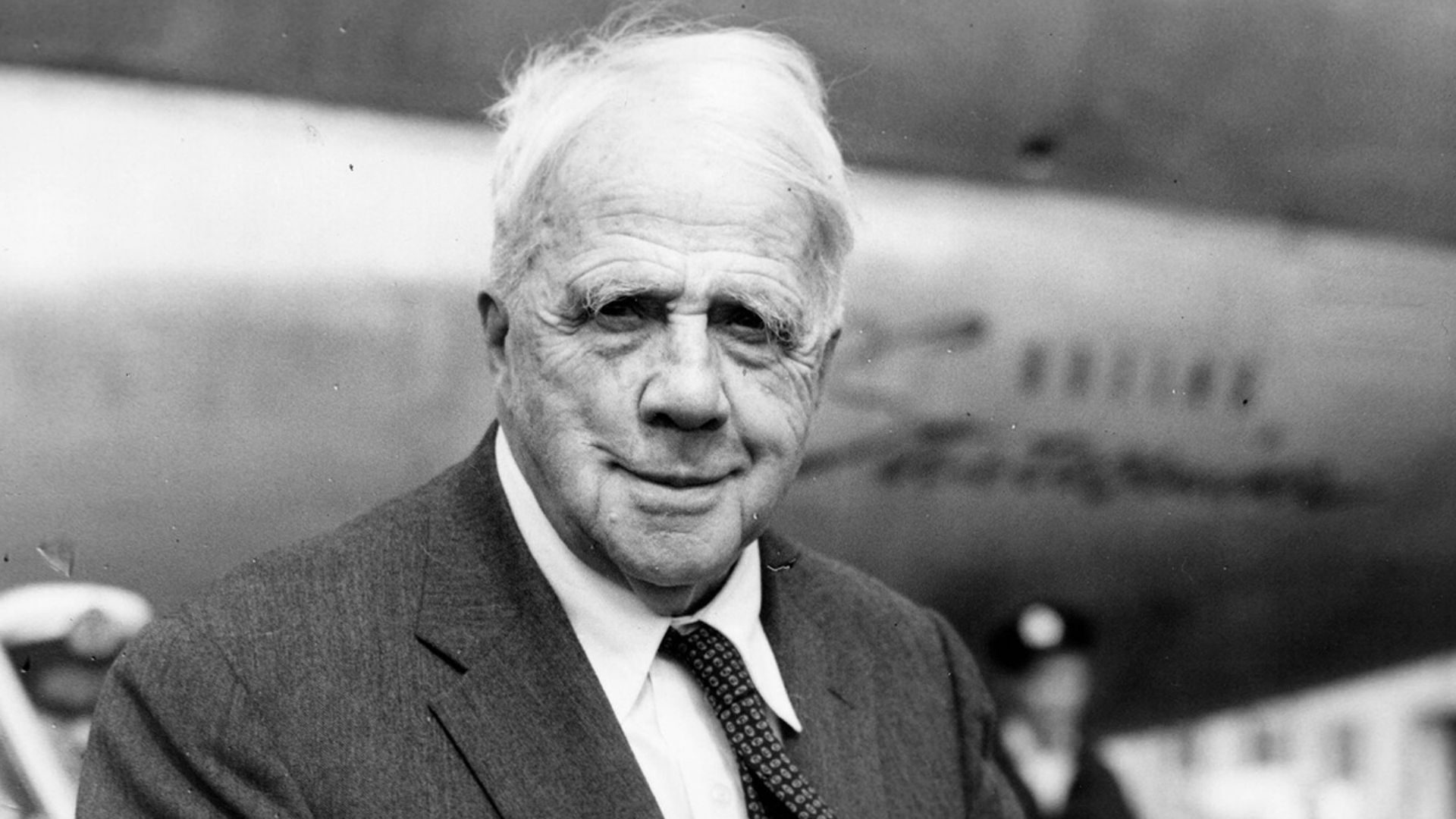A Time To Talk Poem by Robert Frost
A Time To Talk
When a friend calls to me from the road
And slows his horse to a meaning walk,
I don't stand still and look around
On all the hills I haven't hoed,
And shout from where I am, What is it?
No, not as there is a time to talk.
I thrust my hoe in the mellow ground,
Blade-end up and five feet tall,
And plod: I go up to the stone wall
For a friendly visit.
This beautiful poem reminds us of the gentle pace of life - a time lost to all of us when friendships were pure and selfless
Culturally speaking and in orderly friendly manner, this poem really shows it. Like sometimes you we only do things by looking at body language or actions of people then you can actually know the people's mind. I really love this poem
For me, the poem, A Time to Talk, reminds of the simplicity of ole-time hospitality in its many forms. Thank you Mr. Frost.
Oh how I wish we lived in times like these Not too busy to exchange a word or two With friends on horses passing by Under the lazy sun and a sky ever blue..... I welcome all to my page too for your valuable comments please
Time, priority, own interest are the essence that the poet selects as per his own wish and freedom. A great poem with philosophical implications.
The poet is not bound to pay heed to every call....he has his option.
This poem has not been translated into any other language yet.
I would like to translate this poem
What I love about this is the leisurely pace of life. It's from another time, isn't it? I like how it's implied that he doesn't answer to every call, but he chooses to spend some time with this friend. And how they choose not to interrupt him, and gracefully indicate that they have something new to share, if he cares to talk now. They don't even ask, because that would oblige him to refuse. It's a lovely, graceful interaction. The friend is a friend probably because of this tact? As I read this, the passing friend is not just any old demanding, spiteful or cranky neighbour passing by. The friend has first paused to see what he is engaged with, doesn't even ask, but shows a willingness to talk. You have the feeling that the friend knows how to use the same tools, and can assess how busy, or not, he is, don't you? Yet the friend doesn't make a judgement, but waits to see if their news is welcome... I guess they bring out the best in each other when they meet. It's left open for him to accept or carry on working. I think of how the work he's doing could only be done before the natural light fades. I picture the friend passing by and seeing that he is not working frantically. Assessing that he might have time to spare, and maybe share, with that friend. I love how the friend looks first, then shows with his or her actions that they would welcome conversation. It's so different from now. We ring people and we can't see what they are busy with. We can't see the shape of their plough, or the scope of their challenges. Do we pick up on signals, or imagine the situations of others any better as a result? Most of us have been trained not to 'shout from where I am, What is it? ' But the professionally friendly way we answer every call doesn't tell anyone how we are doing, or what we are doing, or what our pressures, or areas of ignorance are. Usually the people who have most time to waste ring the ones who can't talk right now, and they don't realise that others have less time. You have to take the time to explain that you can talk later, but after dark. It's so removed from the world of this poem. It seems to me that this poem is about people who live in daylight, and have so much in common that they are familiar with each others cues and yet observe a wonderful, civilised courtesy towards each other regardless, extending choices and options to each other regularly. A mellow time. 'there is a time to talk... And plod' Not sure if it was better to plod through a shorter life, and be known better!